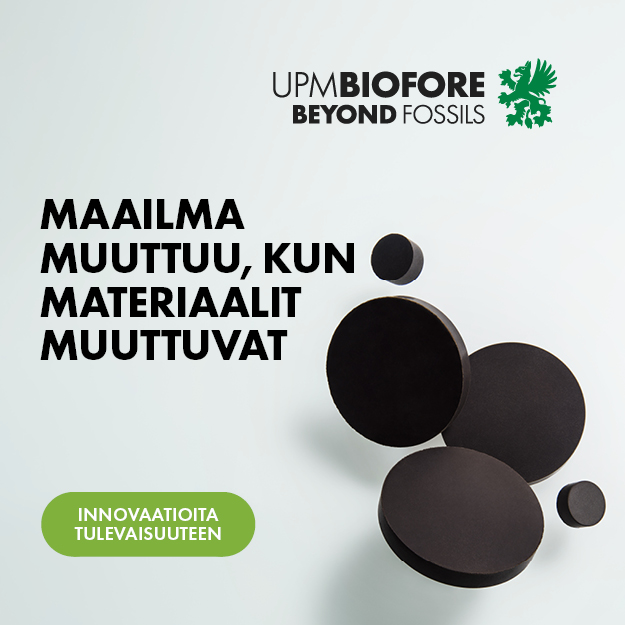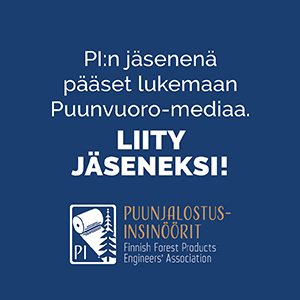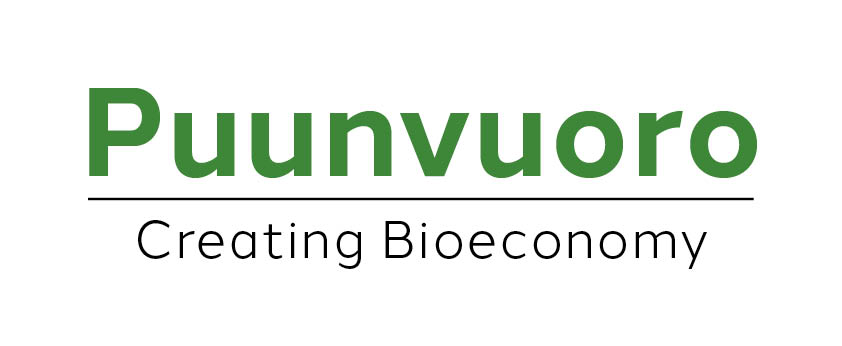Down is a popular insulation material for outdoor jackets, as it is lightweight despite its good thermal insulation properties. However, down is an expensive material that is both ethically and environmentally problematic. The synthetic materials used as a substitute are not better for the environment.
The four-year Penguin project, coordinated by VTT and launched in May, is developing cellulose-based insulation materials and textile fibres for outdoor clothing, among other things.
“The goal of the entire project is to develop and validate a prototype of a bio-based and recyclable outdoor jacket,” says D.Sc. (Tech.) Emmi-Maria Nuutinen, who is the project coordinator.
Spinnova from Finland is also involved in the international project.
“We were inspired by the feather structure of penguins. We will build an insulating layer of cellulose fibre, with the fabric corresponding to a denser layer of feathers, and the different protective finishing layers corresponding to the penguin feathers’ oils.”
Smart technology involved
The textile fibre is being developed based on the partners’ own technologies. The insulation material is made through air and foam forming.
“Air forming is currently being carried out on a laboratory scale, but a pilot is in the works and there is already a pilot for foam forming. The first test pieces have already been made, but of course there is still a lot of optimisation and testing of the features to be done.”
The biggest challenge is to modify the properties of the cellulose fibre so that it also works in humid conditions.
“The challenge is to develop a material that meets the end-user criteria purely from cellulose. We are trying to develop the cellulose insulation so it can withstand active use without its thermal insulation capacity being impaired by moisture.”
In Oulu, VTT is developing smart technology to be added to the jacket in connection with the project. The garment is intended to incorporate thermal elements to help keep the insulation layer dry. During the prototype phase, the jacket will also be equipped with sensors that provide usage data on how well the temperature and moisture are managed.
Emmi-Maria Nuutinen believes in the success of the project.
“We’ve had a good atmosphere and a feeling that we will succeed together all the way from the application phase.”
The Penguin project (Bioinspired and advanced fibres and materials for sustainable outdoor textiles with biomimetic functionalities) involves a total of 10 partners from Finland, Sweden, Portugal, Italy and Spain. The project has received funding of approximately EUR 6.5 million through the EU’s Horizon programme and has a total budget of EUR 7.6 million.




